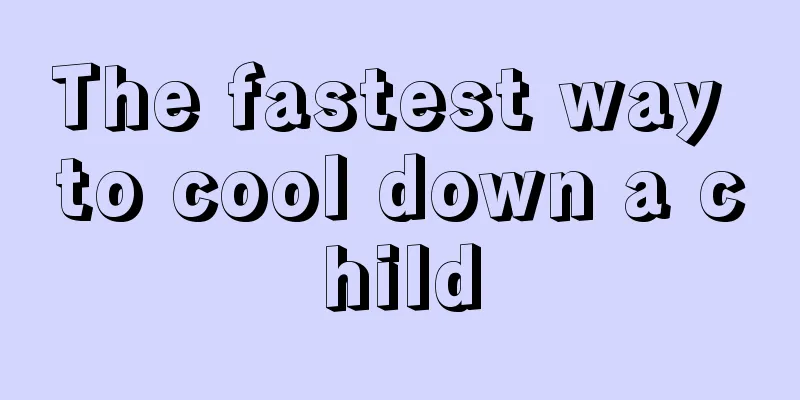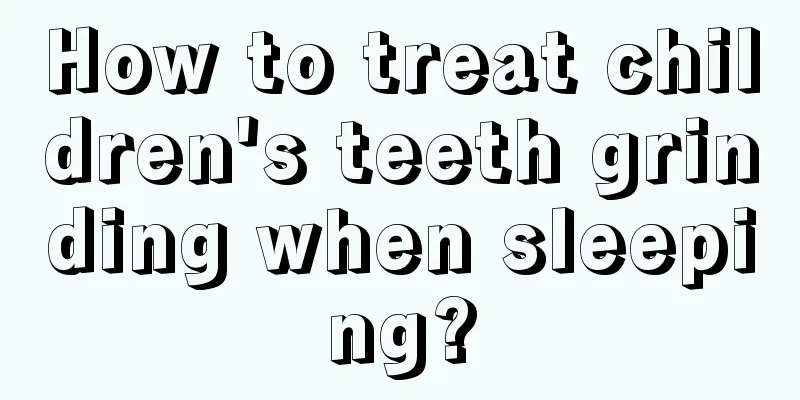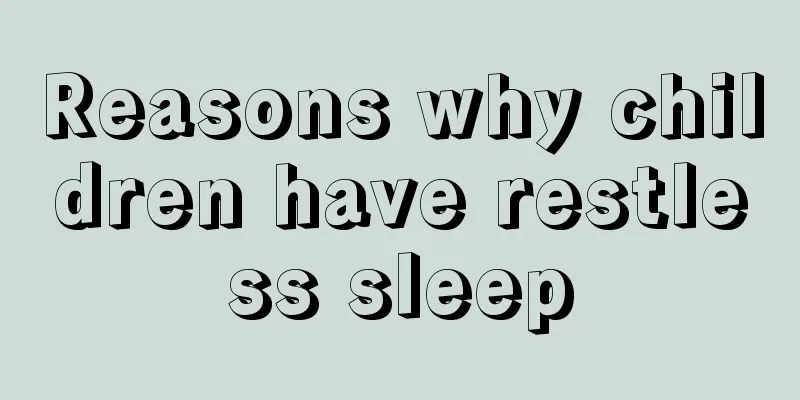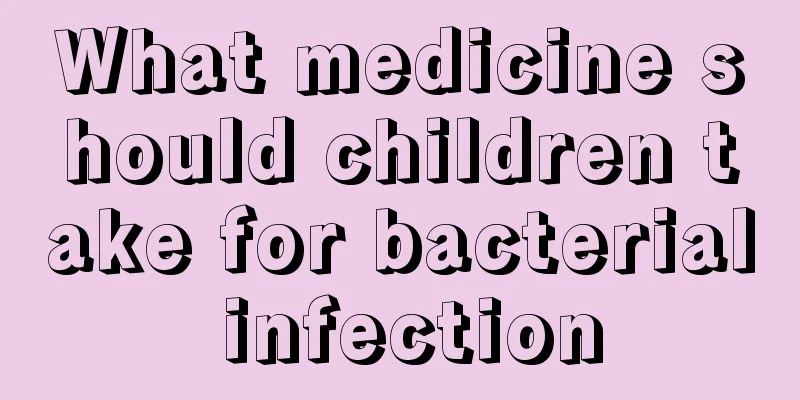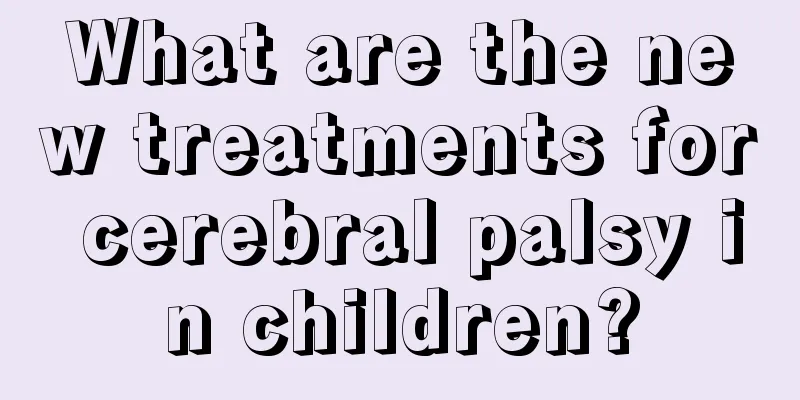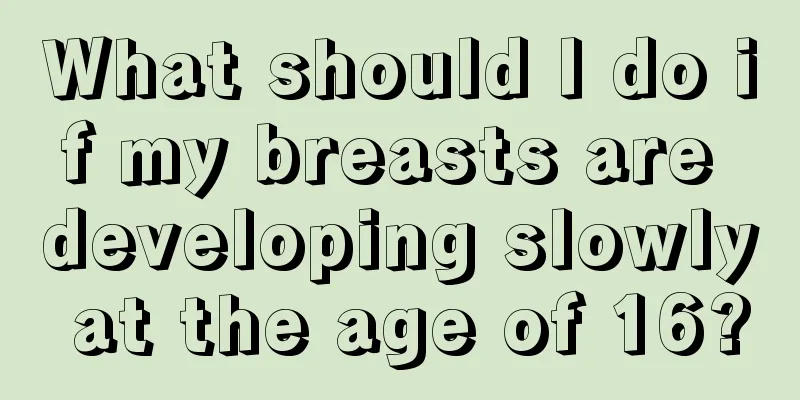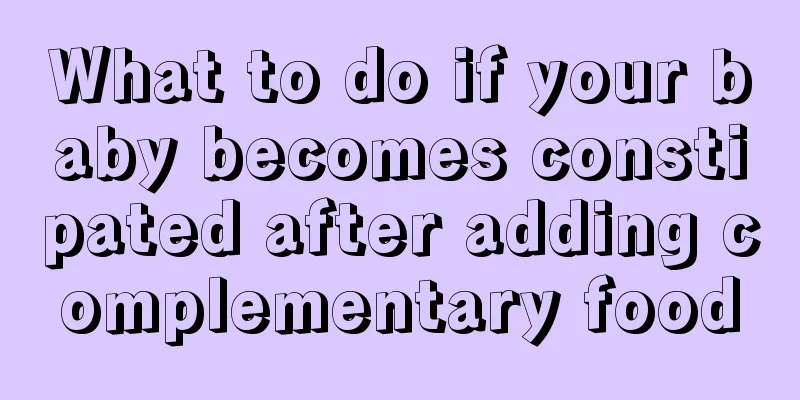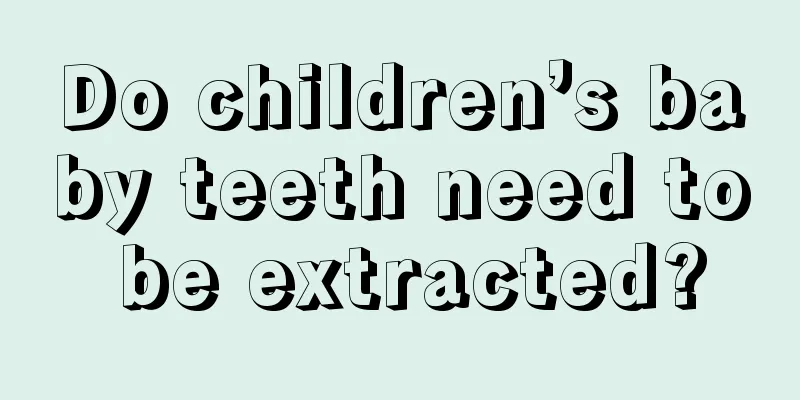What causes children to have a fever and convulsions?
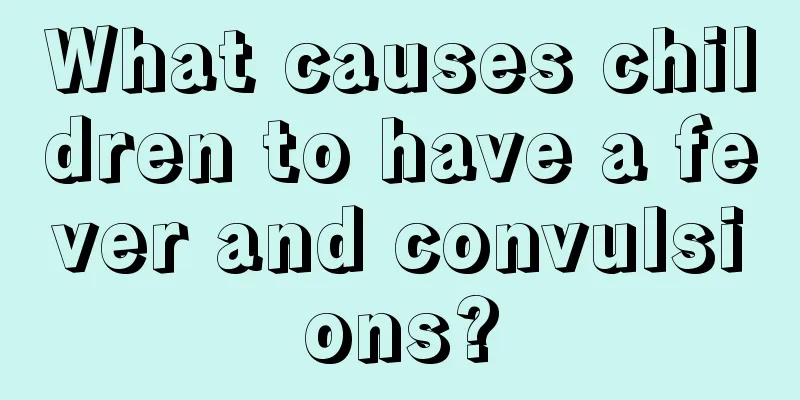
|
Fever is very common among children. Some have high fever that won't go away, while others have repeated fevers that come and go. Some children even have convulsions when they have a fever. This situation is very dangerous and may not only cause harm to the body but may also affect intelligence. So what happens when children have a fever and convulsions? Let’s find out together. If a child has convulsions after having a fever, it is considered a febrile convulsion. Repeated febrile convulsions can lead to epilepsy in adulthood. Febrile convulsions are common emergency symptom of central nervous system dysfunction in children, and are more common in infants and young children. Febrile convulsions are mostly caused by various infectious diseases, with upper respiratory tract infections being the most common. The main clinical manifestations are: typical attacks occur when the body temperature suddenly rises in the early stage of the primary disease, and the body temperature is mostly 39-40℃ or above during an attack. It mainly presents as generalized seizures, manifested as tonic-clonic convulsions, or only as tonic or clonic seizures. Most attacks last only a few minutes and stop within 15 minutes. Most children regain consciousness within a few minutes without leaving any abnormal neurological signs. You can go to the hospital for a brain CT scan and EEG to rule out epilepsy and intracranial masses. Febrile convulsions are a common disease in pediatrics. According to statistics, 3%-4% of children have experienced febrile convulsions at least once. Convulsions in children occur due to imperfect development of the brain and poor ability to analyze and identify stimuli. Weak stimulation can cause abnormal release of motor neurons in the brain and cause convulsions. Characteristics of febrile convulsions: Age: between half a year and 4 years old, rarely seen after 5 years old; Fever: generally due to acute fever at the beginning of a cold, convulsions mostly occur when the body temperature suddenly rises to 38.5℃ to 39.5℃; Seizure situation: loss of consciousness, systemic symmetrical tonic-clonic convulsions, may also manifest as staring, squinting, and upward rolling of the eyes; Duration: lasts for a few seconds or minutes, generally not more than 15 minutes, no recurrence within 24 hours, and consciousness returns to normal quickly after the attack. The long-term prognosis of febrile convulsions is good and it has no effect on intelligence, learning, or behavior. As age increases and the brain develops, febrile convulsions generally no longer occur. If a child has a high fever, parents should take the child to the hospital for examination and treatment as soon as possible. A high fever for a long time may cause varying degrees of damage to many aspects of the body. Many cases are caused by the delay in treating a common fever, so parents should pay more attention to their children's high fever to avoid unexpected situations. |
<<: How to treat children's cough with honey
>>: What are the symptoms of ADHD in a four-year-old child?
Recommend
What nuts are good for young children?
Many parents believe that nuts are good for adult...
What should I do if my newborn chokes on milk due to pneumonia?
How should pneumonia be treated? How should neona...
What to do if blisters appear on your child's lips
Children's resistance is relatively low. For ...
Children's vision loss
We all know that a baby's declining eyesight ...
What to do if your child has a cold and stuffy nose
When children have a cold and a stuffy nose, pare...
What medicine is effective for children with rhinitis
Rhinitis in children is very harmful and can caus...
How to classify viral colds in children
It is common for children to catch colds and feve...
Children are easily irritable?
Generally speaking, everyone knows that children ...
What should I do if my baby has a low-grade fever for three days?
Low-grade fever is a common fever condition in ba...
What causes a child to convulse suddenly?
Convulsion is a symptom. When a person suddenly h...
Treatment of intestinal gas in children
Young children's bodies are very fragile and ...
How to correct children's hunchback?
If parents find that their children cannot straig...
Gingival hyperplasia in children
Gingival hyperplasia is a condition that is more ...
Can I supplement calcium when my baby is coughing?
It is quite common for babies to have colds and c...
One week two months baby food
Babies aged one to two months cannot be given com...
